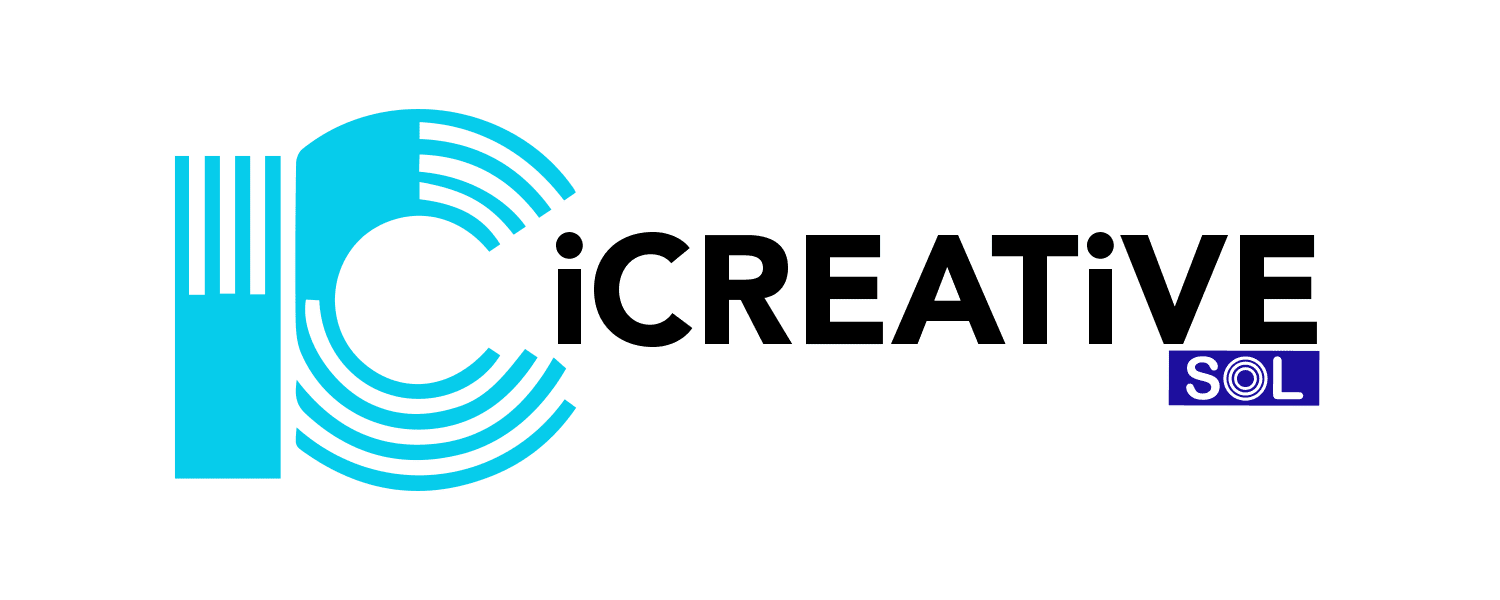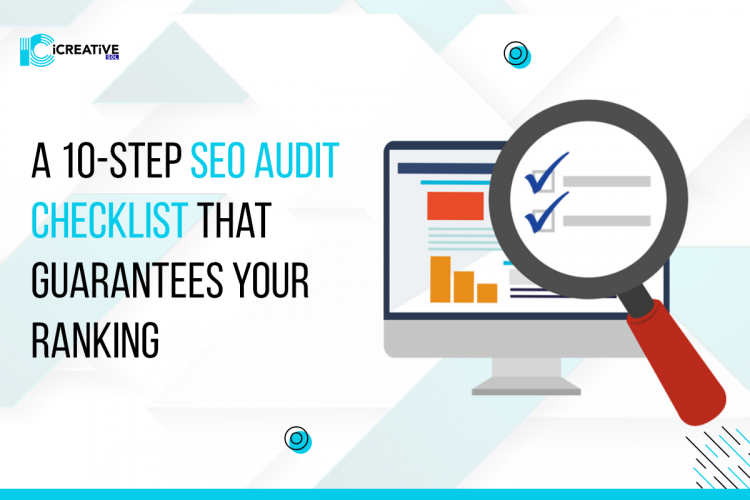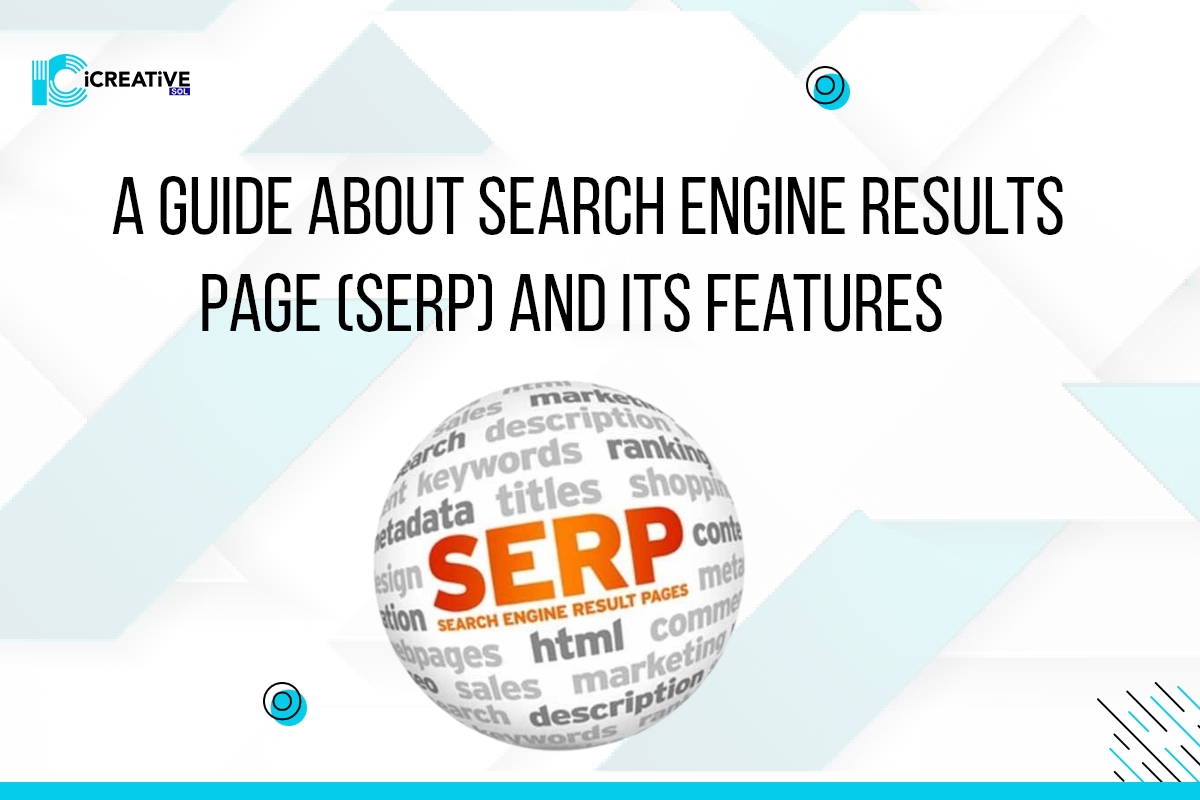
SERP stands for search engine results page. A SERP is the results a search engine shows when you search for a particular word or phrase. Search Engine Result Pages usually comprise organic search results, paid Google Ads results, Featured Snippets, Knowledge Graphs, and video results.
You enter a search query on Google. And the Google search engine results page (SERP) is what you get back.
A Search Engine Result Page is one of the most important pages on the web, if not the most important. The higher your business ranks on a Search Engine Result Page the more credibility, and exposure your business will have.
If you want to get the best out of your website you should consider optimizing your website for a search engine. This shall rank your website higher on the first search engine results page, and to do this in a quicker way you also need to consider using pay-per-click advertising. If you don’t know how you can consider a professional search engine optimization (SEO) service.
iCreativeSOL has a team of SEO experts who have helped a large number of clients rank their websites to the top spots of Google Search Engine Result Pages and various other search engines. Our SEO services have boosted the influx of relevant traffic to our client’s websites and have fixed the problem of inconsistent or low sales.
Anatomy of Search Engine Result Page (SERP)
Search Engine Result Page results are not standard, they have different results, even for search queries entered using the same keywords or search queries. This is because every search engine tries to give its users a customized experience by displaying results based on a number of factors beyond their search terms. Those factors include but are not limited to the user’s physical location, browsing history, and social settings.
Moreover, in addition to each Search Engine Result Page uniquely customized to the user experience, SERPS are also always adapting to the changes in social settings and software experiences. SERP pages have always remained adaptable to modern technology and have evolved in appearance with the rapid change in technology.
Search engine results pages can display three types of listings against a search query: organic search results, paid search results, which are identified with the word “Ad”, and Search Engine Result Page features, which can appear in a number of ways. One common Search Engine Result Page feature is the knowledge panel.
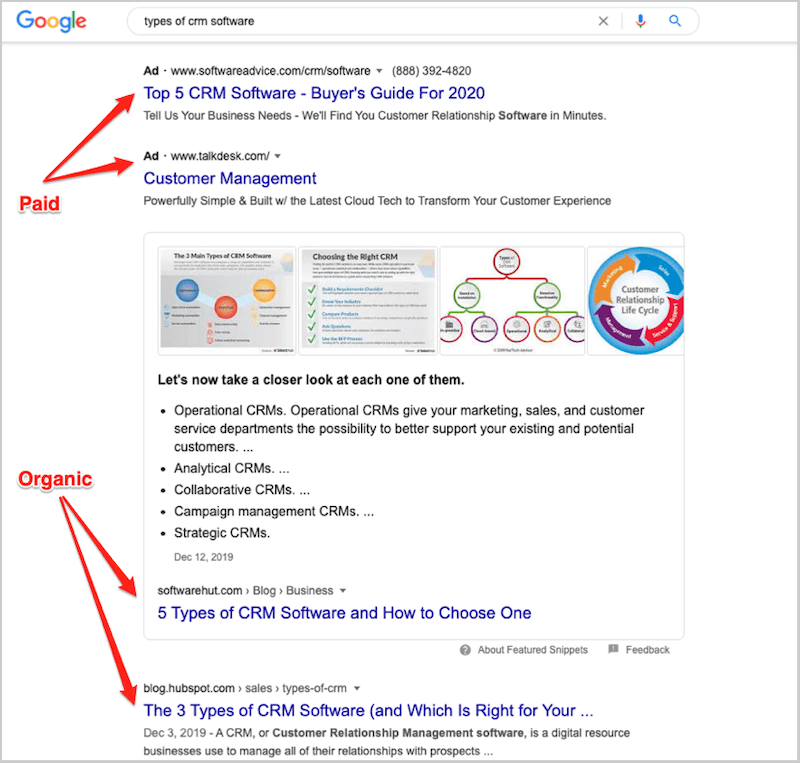
We will now look at each type of listing in detail
Organic Search Results
Organic results are the listings of web pages that appear, without any paid help, in a SERP when the user makes a search query. The algorithm of the search engine decides the rank of the organic result depending on a wide range of factors, including how relevant are the keywords used within the content. Search engine optimization plays an important role in the rank of a website or webpage. Search engine optimization professionals, commonly known as SEOs, specialize in optimizing web content and websites to rank more highly in organic search results.
Trillions of searches are made on Google every year. 95% of the clicks on those searches go to the organic results displayed on the SERP against those search queries. This is why interest in SEO has been growing at a fast pace. The core concept behind every SEO is that the higher a search result appears on the SERP, the more clicks it gets.
Read more: SEO Techniques to Increase Organic Traffic
Paid Results
Paid search results are another form of listing that can appear on a Search Engine Result Page. On Google, paid search results are managed via Google Ads. And they’re charged on a cost-per-click basis. IE the cost of an advertisement is dependent on the number of clicks it gets. The higher the clicks the higher the cost of the Ad. The paid ads used to be small, text-based ads that usually popped up right above or next to organic results. However, today they can be large ads in various formats that reach hundreds or thousands of users.
Google puts paid ads at the top of the search results page. Usually, it displays four ads on a desktop computer and 3 on a mobile browser. Paid results are faster acting than organic ones because they appear the moment they’ve been paid for, driving traffic much faster than organic results.
SERP Features
The third type of listing is known as the Search Engine Result Page feature. A SERP feature is usually a result on a Google Search Engine Results Page (SERP) that is not a regular organic result. The most common SERP Features are Rich Snippets which add a visual layer to an existing result.
Google describes SERP features as “search features”. And according to Google, the point of them is to give people “the right information at the right time in the format that’s most useful.”
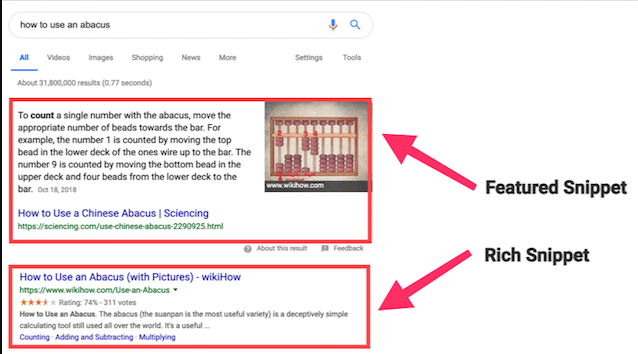
What are the different types of search queries?
There are three main types of user search queries:
1. Informational Intent:
These are searches for general information, whether about products or something else. These searches have a low likelihood of the user making a purchase.
2. Investigational Intent:
The user makes these types of searches when he is comparing products or sellers. These searches have a higher probability of converting into a sale.
3. Transactional Intent:
These searches are usually made when the user is intending to make a purchase. These searches are of the most value and have the highest probability of conversion.
Hence, keeping the above in view a website can tailor its content according to the type of search intent they are aiming to target. And improve the relevancy of its content in google’s view.
Wrapping Up
In view of the above, we come to the conclusion that there is no one standard SERP result. The Search Engine Result Page result varies from keyword to keyword and a number of other factors such as location, browser history, social setting, etc.
Thus, every content you post on your website has the potential to appear on the top of SERP if the right keywords are embedded in your content.
